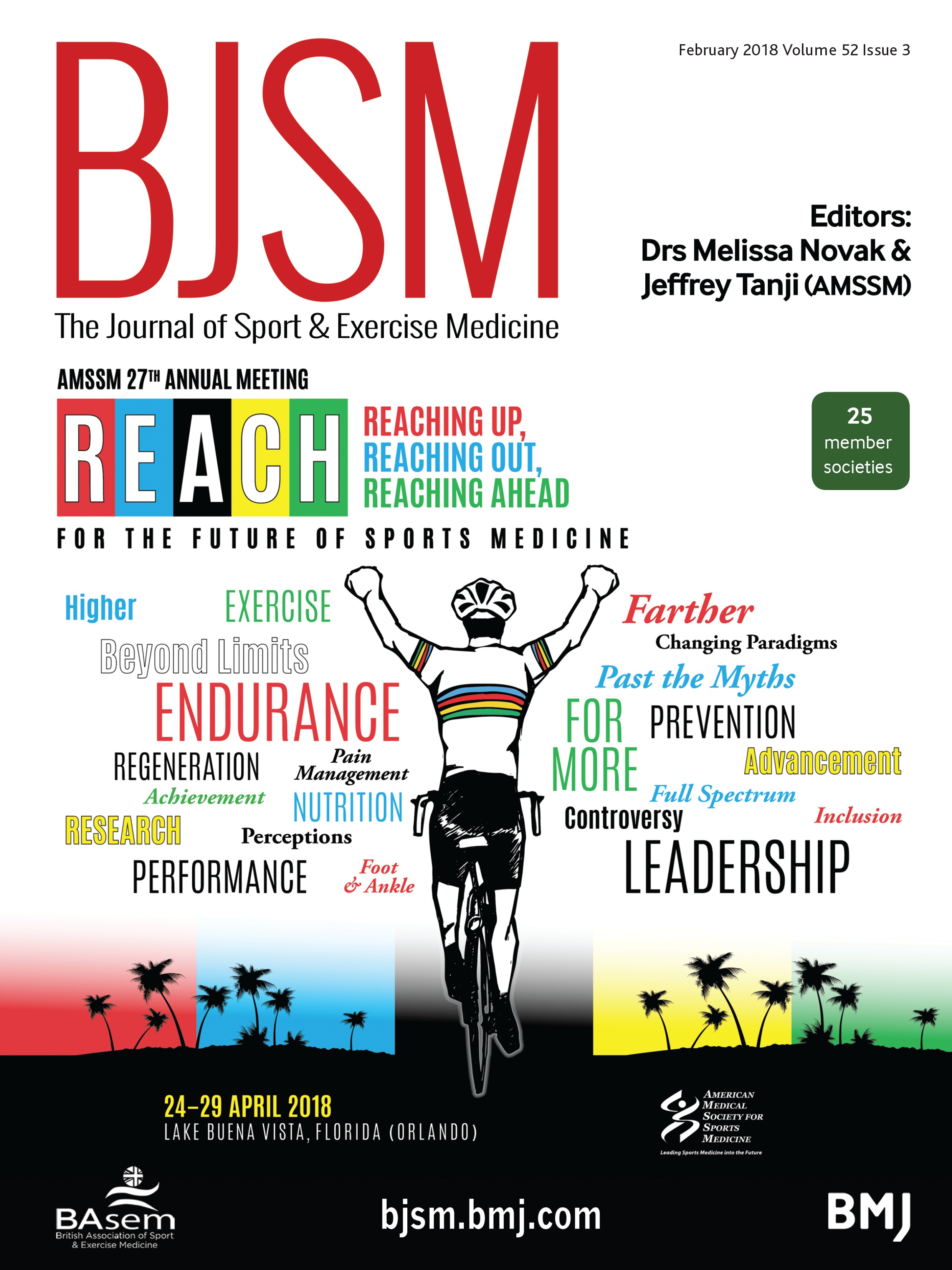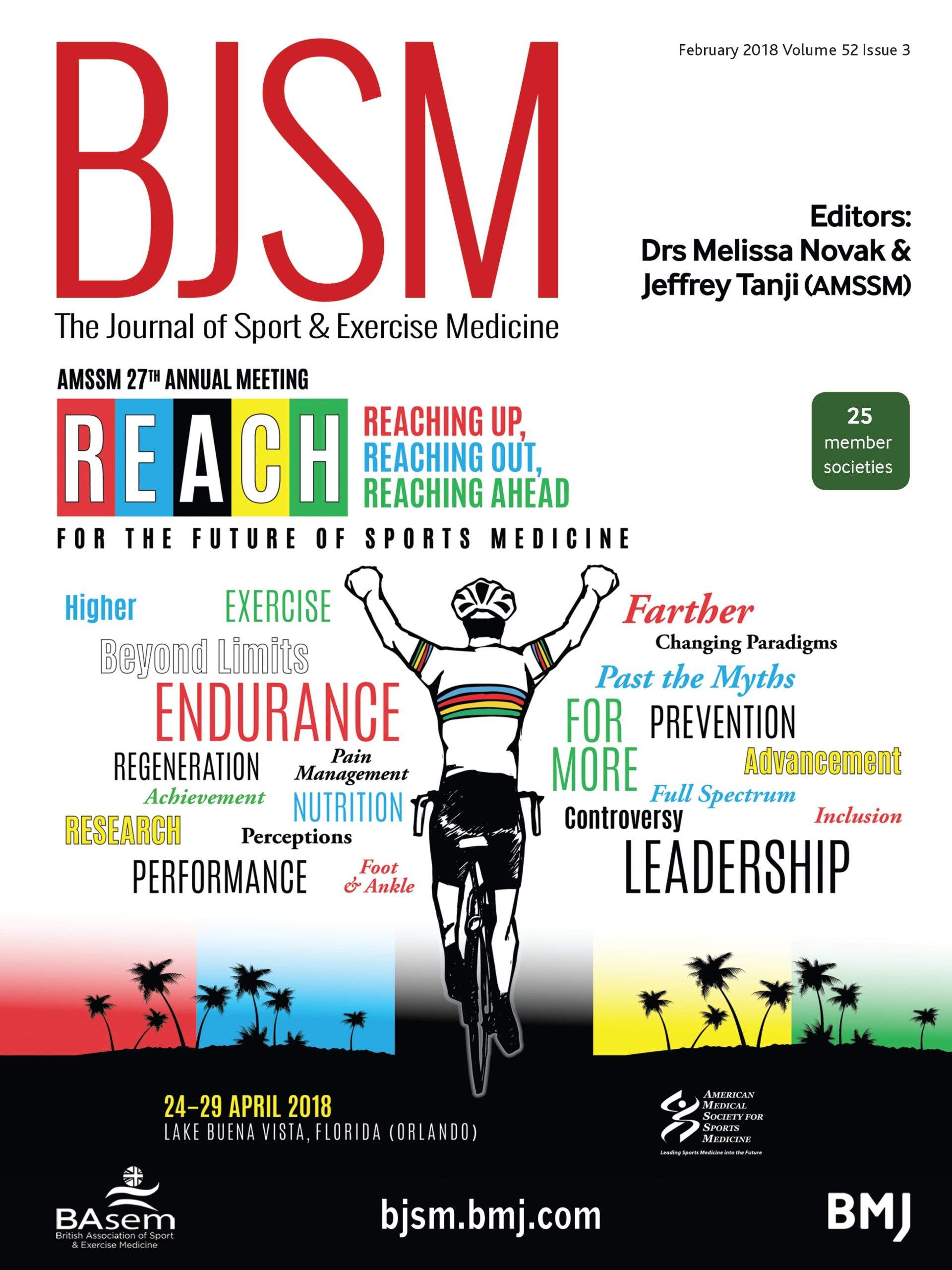
A Few Minutes of Daily Exercise May Enhance Brain Health in Seniors, Research Reveals
According to innovative research published in the journal Age and Ageing on April 4, 2025, just five minutes of moderate physical exercise each day can substantially boost brain function in seniors. The study establishes a compelling connection between heart-pounding activities and improved cognitive performance in individuals aged 65 to 80, providing fresh optimism for better mental acuity in later years—with little effort involved.
An In-Depth Examination of How Activity Affects the Aging Mind
The multicenter investigation, spearheaded by Dr. Maddison Mellow from the University of South Australia and conducted in partnership with the AdventHealth Research Institute in the United States, evaluated data from 585 seniors participating in the IGNITE trial. Each participant utilized a wrist-based activity tracker to monitor their daily behaviors, categorizing their time into sleeping, sedentary activities, light movements, and moderate-to-vigorous physical activity (MVPA).
MVPA encompasses exercises that elevate both heart rate and breathing—such as brisk walking, aerobic dance, vigorous cycling, water aerobics, or even enthusiastic gardening. Notably, the advantages were assessed across a variety of cognitive abilities, with noticeable improvements in key areas:
– Processing speed (the swiftness of brain information processing)
– Executive function (planning, attention, and multitasking skills)
– Working memory (short-term information retention)
“We discovered that higher amounts of moderate-to-vigorous physical activity—exercise that leaves you ‘huffing and puffing’—were linked to enhanced cognitive abilities,” stated Dr. Mellow.
Minimal Effort, Significant Benefits
What renders these findings particularly striking is that the cognitive improvements were most pronounced among individuals who had previously engaged in minimal to no physical activity. Simply adding a few minutes of MVPA each day resulted in observable enhancements in brain function.
This implies that older adults don’t have to run marathons or dedicate hours at the gym to safeguard their cognitive health. Rather, substituting a small segment of sedentary behavior with light exercise may suffice to sharpen mental acuity and encourage long-term brain function.
“You don’t need to entirely transform your lifestyle,” Dr. Mellow stressed. “Even modest changes can yield substantial benefits.”
Physical Activity and Cognitive Decline: A Reciprocal Relationship
Perhaps the most remarkable finding is the study’s recognition of a bidirectional relationship between physical activity and cognitive health. While increasing MVPA boosts cognitive function, diminishing physical activity can lead to cognitive deterioration. This insight underscores the importance for older individuals to sustain or elevate their daily activity levels—even if gradually.
Dr. Audrey Collins, a co-author of the study, elaborated on the decisions people make within a limited daily timeframe: “Daily, we decide how to allocate our 24 hours. After sleep, our engagement during waking hours—whether sitting, walking, exercising, or moving gently—greatly impacts our brain health.”
Widespread Impact: No Discrimination Based on Genetics, Age, or Gender
The study’s findings remained consistent across various risk factors, including genetics, age, gender, or educational attainment. Even those carrying the APOE4 gene, linked to a heightened risk of Alzheimer’s disease, observed comparable cognitive benefits from exercise as individuals without the gene.
“Everyone gains advantages,” Dr. Collins pointed out. “This phenomenon is not selective. It presents an attainable, effective method for preserving brain health for all older adults.”
Which Cognitive Functions Experience the Most Gains?
Interestingly, not all types of cognitive functions reacted equally to physical activity. While enhancements were observed in processing speed, executive function, and working memory, researchers did not find a significant link between MVPA and episodic memory (recalling specific events) or visuospatial skills (understanding spatial relationships).
This suggests that although cardiovascular exercise serves as a powerful cognitive enhancement tool, it may be particularly effective for improving specific mental performance types—especially those associated with task execution, concentration, and updating short-term information.
Practical Advice: What Qualifies as Moderate-to-Vigorous Activity?
One of the many actionable insights from this research is that MVPA does not necessitate special gear or expensive gym memberships. Everyday activities that qualify include:
– Brisk walking
– Dancing
– Energetic gardening or yard work
– Cycling
– Water aerobics
– Climbing stairs
As the global demographic ages, with one in six individuals anticipated to be over 60 by 2030, these low-cost, easily implementable strategies could have significant health benefits on a global scale.
Cautious Optimism and Future Directions
While the study’s results are encouraging, the researchers caution that their cross-sectional analysis offers merely a fleeting glimpse in time. This means that the findings indicate a strong correlation between physical activity and improved cognition—but do not establish causation. Long-term, controlled studies are necessary to confirm that regular increases in MVPA directly lead to slower cognitive decline.
Still, the message remains hopeful and
